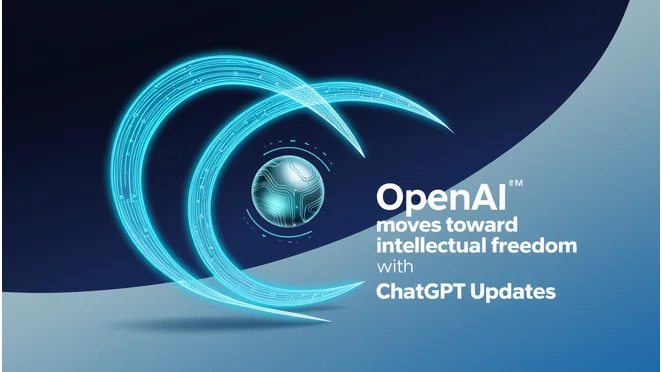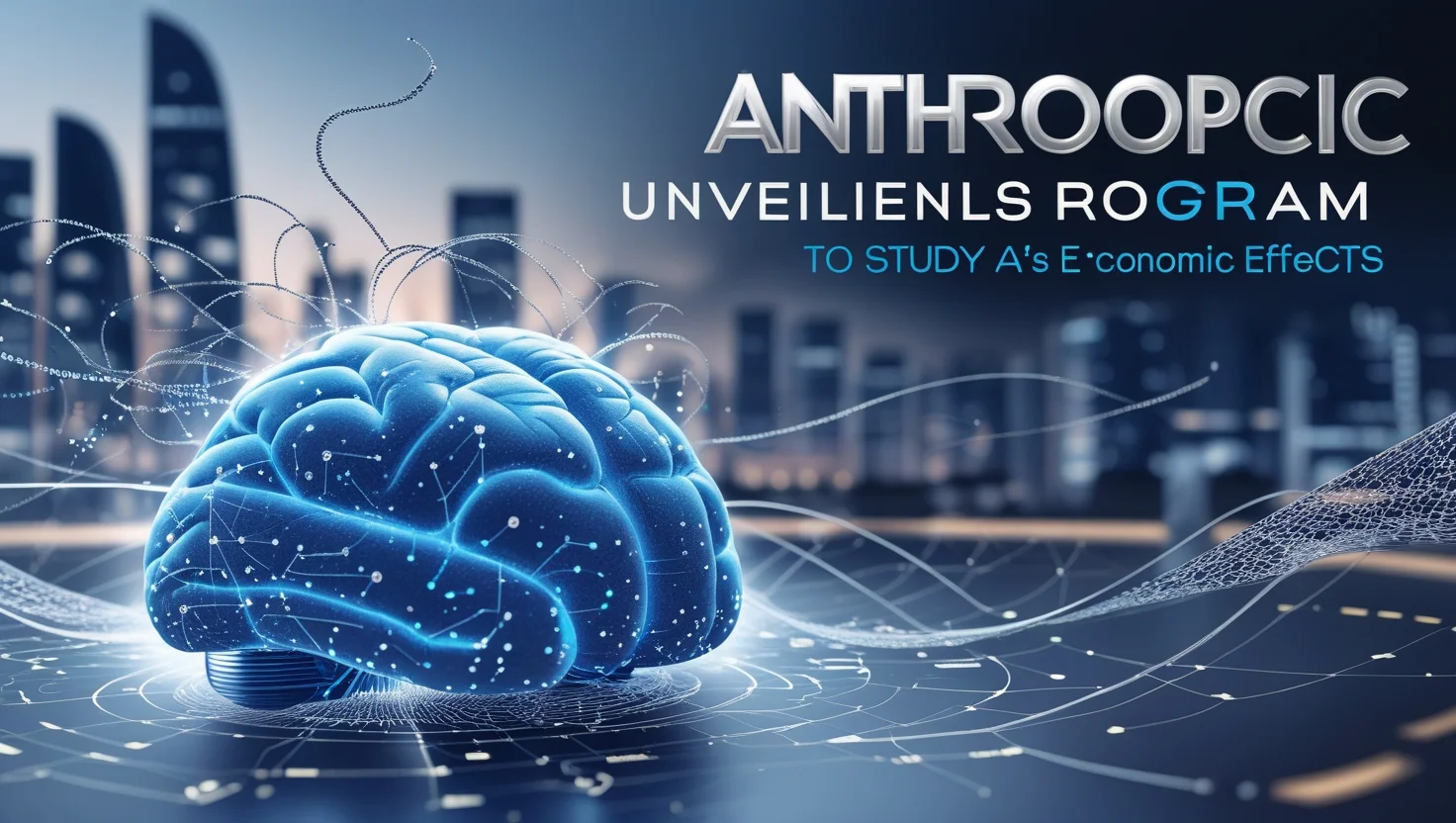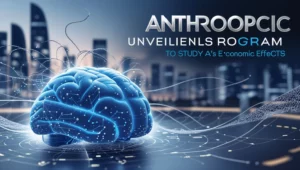OpenAI is changing how it trains its AI models with a new focus on intellectual freedom, allowing ChatGPT to answer a wider range of questions and offer more diverse viewpoints. This shift is part of a broader move in Silicon Valley towards embracing free speech, with OpenAI aiming to reduce restrictions on controversial topics.
As part of this change, OpenAI has updated its Model Spec, introducing a guiding principle to avoid lying or omitting important context. This means that ChatGPT will no longer take an editorial stance on sensitive issues, even when some users find certain perspectives offensive. For example, ChatGPT will present both sides of political movements like “Black lives matter” and “All Lives Matter” without picking a side. However, the AI will still avoid answering harmful or blatantly false questions.
The shift has sparked reactions, with some conservatives accusing OpenAI of censorship in the past, especially after ChatGPT refused to write a poem praising Trump but would do so for Joe Biden. OpenAI denies any political bias, saying the updates reflect the company’s commitment to intellectual freedom and user control.
The changes are also seen as part of a larger trend in tech to promote free speech, following similar moves by companies like X (formerly Twitter) and Meta. Critics argue that allowing ChatGPT to discuss controversial topics without editorial filters raises ethical concerns, particularly around misinformation and harmful content.
OpenAI’s update suggests a rethinking of “AI safety,” focusing on offering more perspectives instead of limiting what the AI can say. While this approach may have its risks, proponents argue it could make AI assistants more neutral and helpful in a wider range of situations.OpenAI is changing how it trains its AI models with a new focus on intellectual freedom, allowing ChatGPT to answer a wider range of questions and offer more diverse viewpoints. This shift is part of a broader move in Silicon Valley towards embracing free speech, with OpenAI aiming to reduce restrictions on controversial topics.
As part of this change, OpenAI has updated its Model Spec, introducing a guiding principle to avoid lying or omitting important context. This means that ChatGPT will no longer take an editorial stance on sensitive issues, even when some users find certain perspectives offensive. For example, ChatGPT will present both sides of political movements like “Black lives matter” and “All Lives Matter” without picking a side. However, the AI will still avoid answering harmful or blatantly false questions.
The shift has sparked reactions, with some conservatives accusing OpenAI of censorship in the past, especially after ChatGPT refused to write a poem praising Trump but would do so for Joe Biden. OpenAI denies any political bias, saying the updates reflect the company’s commitment to intellectual freedom and user control.
The changes are also seen as part of a larger trend in tech to promote free speech, following similar moves by companies like X (formerly Twitter) and Meta. Critics argue that allowing ChatGPT to discuss controversial topics without editorial filters raises ethical concerns, particularly around misinformation and harmful content.
OpenAI’s update suggests a rethinking of “AI safety,” focusing on offering more perspectives instead of limiting what the AI can say. While this approach may have its risks, proponents argue it could make AI assistants more neutral and helpful in a wider range of situations.













